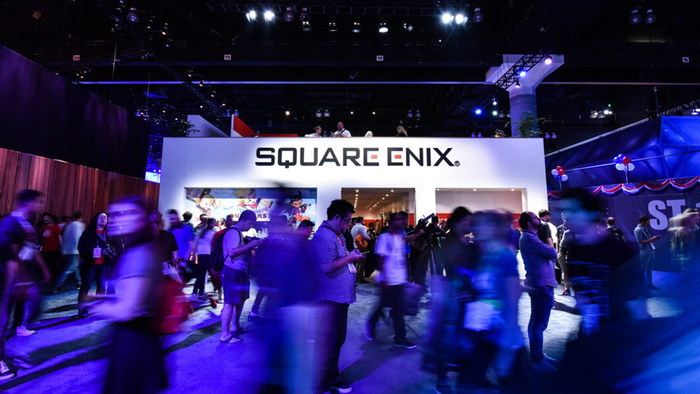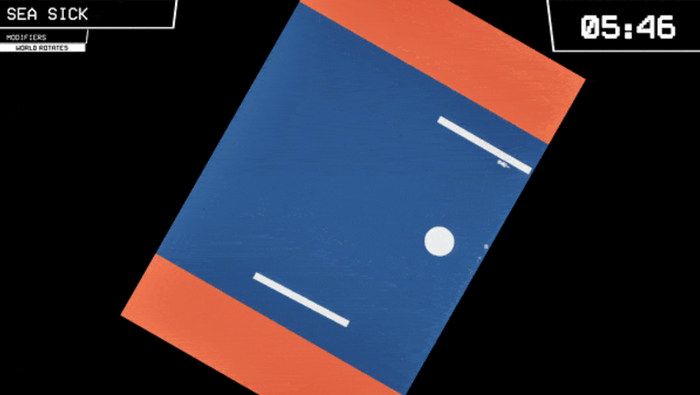Court rejects Lindsay Lohan's appeal in GTA V likeness lawsuit
NY's Court of Appeals ruled today on actress Lindsay Lohan's lawsuit against Take-Two alleging her likeness was used without permission in Grand Theft Auto V, and that ruling is: "dismissed."

New York's Court of Appeals issued a ruling today on actress Lindsay Lohan's lawsuit against Take-Two alleging her likeness was appropriated without permission in Grand Theft Auto V, and that ruling is: "dismissed."
This seems to be a nail in the coffin of the long-running legal fight, which started months after the game's release in late 2013.
Lohan claimed that the GTA V character Lacey Jonas (pictured) was meant to be a likeness of her, used without permission, and so in 2014 she sued Take-Two and creator Rockstar Games in New York Supreme Court for alleged violation of her privacy.
At the time, legal expert Zachary Strebeck noted in his Gamasutra blog that "under New York publicity rights law, 'any recognizable likeness, not just an actual photograph' is protected. Should the court find that the various elements of the Jonas character are a recognizable likeness of Lohan, she could prevail on proving that Take-Two and Rockstar have infringed."
By September of 2016, a panel of five judges had dismissed both Lohan's lawsuit and a similar one brought against Take-Two by reality TV star Karen Gravano, noting that "even if we accept plaintiffs' contentions that the video game depictions are close enough to be considered representations of the respective plaintiffs, plaintiffs' claims should be dismissed because this video game does not fall under the statutory definitions of 'advertising' or 'trade'."
Lohan's appeals eventually brought the case before the state's Court of Appeals, New York's highest court, which published an opinion today stating that while images of people in games (or any computer-generated medium) do constitute "portraits" under the state's publicity laws (herein references as Civil Rights Law §§ 50 and 51) such portraits of Lohan do not appear in GTA V.
"We conclude a computer generated image may constitute a portrait within the meaning of that law," wrote the court. "We also conclude, however, that the subject images are not recognizable as plaintiff, and that the amended complaint, which contains four causes of action for violation of privacy pursuant to Civil Rights Law §§ 50 and 51, was properly dismissed."
About the Author(s)
You May Also Like







